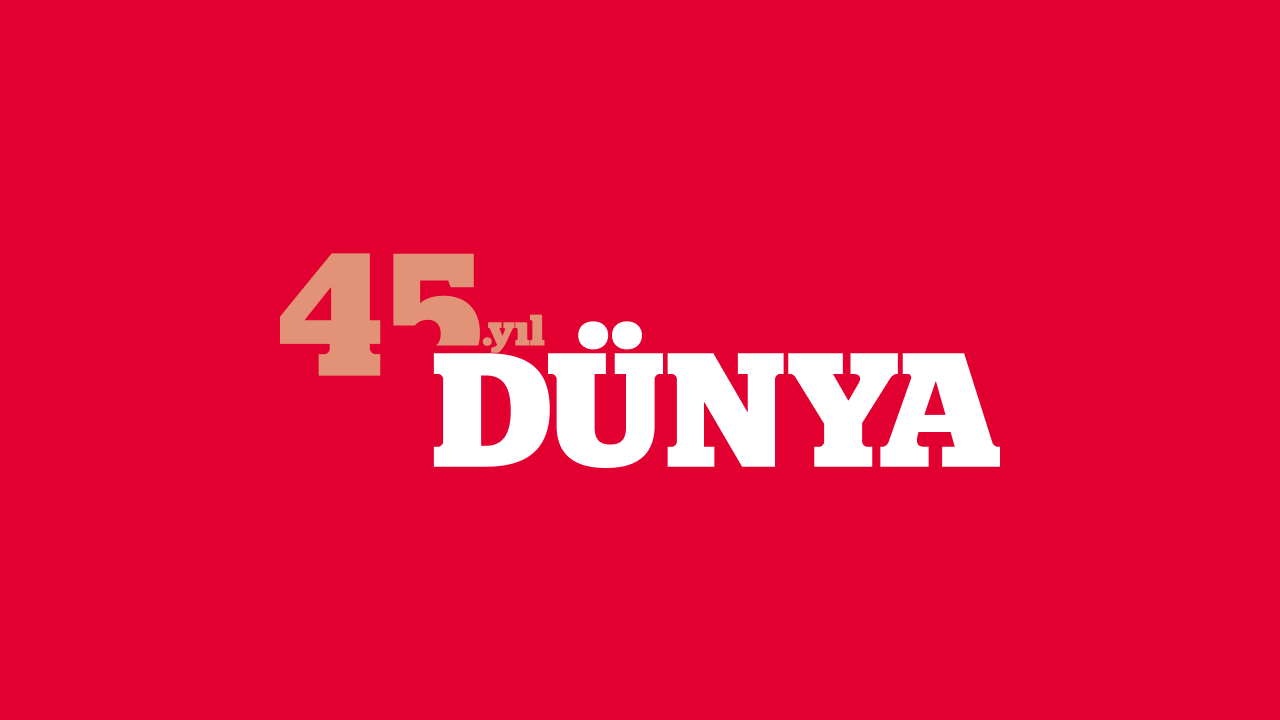Arab and Turkish trade ties bear more potential
YAYINLAMA
GÜNCELLEME

Trade and business relations between Turkey and the Arab world are below the desired level, says Turkish Minister Nihat Ergun. Conflicts and wars have cost trillions of loss for countries in the region, adds a top business representative. Despite a recent acceleration in the last decade, trade and business ties between Turkey and Arab countries bear greater potential, according to the Turkish industry minister who said trade with Syria will improve when unrest settles. "We should work to bring the [mutual trade] figure up to $100 billion in the next five years," said Turkey's Science, Industry and Technology Minister Nihat Ergun during his speech at the Turkish-Arab Industrialist Cooperation Conference in Istanbul. Turkish-Arab trade volume has reached approximately $33 billion annually, Ergun said. The improvement in relations between Turkey and Arab states was of great importance in terms of stability in the region, Ergun said, adding that parties may reach common regional goals thanks to stronger ties. Once the unrest in Syria settles, trade relations with the neighboring country will improve again, Ergun told journalists. "Commercial relations between Turkey and Syria might have slowed recently, but once the situation in Syria becomes stable, the trade relations would move forward," Ergun said. Turkey has recently experienced interruption in its trade and business bonds with Libya during the unrest, he said, and "now things are getting better." Ergun said the government was considering opening new border gates on Turkey's Iraqi border and launching new sea routes to transport goods to the Middle East. Despite the minister's optimistic attitude, increasing tension in the region hinders problems for some energy projects. The Arab Natural Gas Pipeline Project would be kept out of the political tension in Syria and the preparations would continue, said Turkey's Energy Minister Taner Yildiz in an interview yesterday. "This is a project that would benefit the whole region. We may send natural gas to Syria and Lebanon through Turkey," Yildiz said of the project involving Turkey, Iraq, Egypt, Jordan, Lebanon and Syria. "Energy issues are not part of the sanctions against Syria." Meanwhile, the Istanbul conference decided to establish a Turkish-Arab Businesswomen Council. Ergun said an agreement was to be signed in Istanbul at the end of January to officially launch the council. A group of Turkish businesswomen are scheduled to travel to Kuwait on Feb. 25 to attend the first meeting of the council.
